The news that Midea has asked its after-sales service units nationwide to stop accepting repairs for Xiaomi and Gree devices in recent days has caused turmoil in the Chinese home appliance market. Jiemian News quoted a Midea employee as saying that this policy is “mainly aimed at Xiaomi” as the company is developing too quickly in the air conditioner segment and is putting obvious pressure on traditional businesses.
Midea later denied the allegations, saying that “there is no such monopoly claim as rumored”. However, the market reaction shows that competition between major air conditioner manufacturers is entering its most sensitive phase in many years.
What is striking is that Midea, which rarely goes public with its confrontations, has become the center of the story. The background behind the controversy is a three-way battle in the domestic air conditioning market, where Xiaomi’s growth has changed a landscape that had been dominated by Gree and Midea for years.
Source of conflict
The origins of the tension between Midea and Xiaomi date back to about a decade ago. In 2014, Xiaomi became Midea’s tenth-largest shareholder by purchasing a 1.29% stake. The two sides aimed to complement each other as Midea pushed to accelerate its shift to smart devices, while Xiaomi needed manufacturing capacity and quality control to expand its ecosystem strategy.
The first smart air conditioner product was launched in 2015, combining Xiaomi's software and Midea's production line. However, differences in development speed, brand positioning and data control caused the cooperation to gradually come to a standstill.
 |
Xiaomi's growth rate in the air conditioning industry has reached impressive numbers. Photo: Bloomberg . |
In 2018, Xiaomi entered the air conditioning industry using the OEM model, launching the Mi Home Internet product at a competitive price. Initially, the company's market share was very small, but its growth rate later exceeded expectations.
By 2023, Xiaomi sold more than 4.4 million air conditioners, up 49% year-on-year. A year later, the figure reached 6.8 million units, a further increase of more than 50%. By mid-2025, Xiaomi had maintained a growth momentum for three consecutive quarters, ranking third in the online market, behind only Midea and Gree.
That breakthrough forced Midea to adjust its strategy. In 2025, the company sold all of its shares in Xiaomi, officially ending its decade-long “strategic marriage”. For Midea, air conditioners are the mainstay of its smart home appliance strategy. When Xiaomi deeply reduced prices through online channels and eliminated many intermediaries, the traditional distribution system, which is the pillar of Midea’s profits, was under great pressure.
Xiaomi dominates market share
Meanwhile, Xiaomi has also begun to strengthen its own supply chain. Its smart home appliance factory in Wuhan is expected to start operating in 2025, aiming to produce its own large-scale air conditioners by 2026. If successful, it will significantly reduce its dependence on OEMs, a move that could directly impact Midea’s core competencies.
However, Xiaomi's price advantage and expansion speed come with a weakness that is difficult to overcome in a short time: the after-sales service network. Air conditioning is an area where 70% of the customer experience depends on installation and maintenance. A network of tens of thousands of technicians and a system of service points covering the whole country is a big barrier for new businesses.
Xiaomi currently relies heavily on third-party service providers, which are the same resources that traditional players can leverage.
 |
Xiaomi's air conditioners are attracting the attention of customers in China. Photo: Xiaomi . |
Therefore, although Midea has denied “picking sides”, this story accurately reflects Xiaomi’s weakness and the most important defense point of traditional refrigeration giants. If the network of technicians stops cooperating, Xiaomi’s ability to expand will be significantly affected.
Compared to Xiaomi, Gree is less affected by this story because it operates its own service system. Therefore, although Gree has been publicly arguing with Xiaomi for many years, Midea is the party most directly affected by the market changes.
In the context of the slowing growth of the air conditioning industry, every advantage in distribution channels or ecosystems becomes a decisive point. The fact that Midea has to solve the after-sales story shows that the war of attrition in the home appliance industry has entered a new phase, where the boundaries between partners and competitors can change at any time.
Source: https://znews.vn/midea-nham-vao-xiaomi-post1606047.html


![[Photo] VinUni students' emotions are sublimated with "Homeland in the Heart: The Concert Film"](/_next/image?url=https%3A%2F%2Fvphoto.vietnam.vn%2Fthumb%2F1200x675%2Fvietnam%2Fresource%2FIMAGE%2F2025%2F11%2F26%2F1764174931822_10-3878-jpg.webp&w=3840&q=75)


![[Photo] Close-up of heavy damage at the school located on the banks of the Ban Thach River](/_next/image?url=https%3A%2F%2Fvphoto.vietnam.vn%2Fthumb%2F1200x675%2Fvietnam%2Fresource%2FIMAGE%2F2025%2F11%2F26%2F1764152130492_ndo_bl_img-8188-8805-jpg.webp&w=3840&q=75)




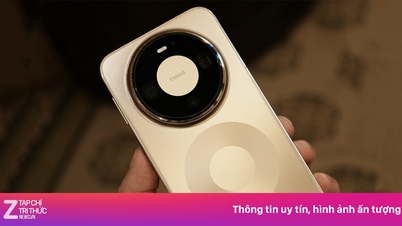


































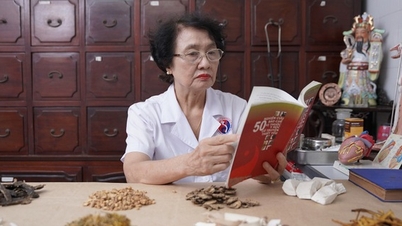











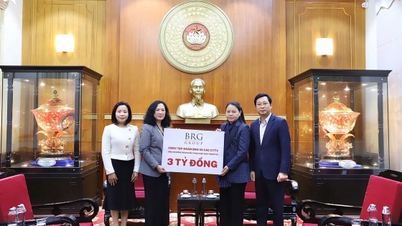












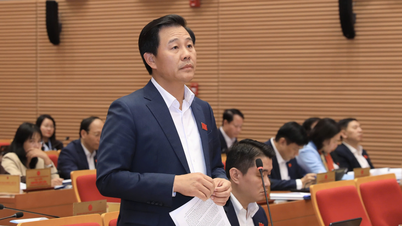
![[Photo] Opening of the 28th Session of the Hanoi People's Council](https://vphoto.vietnam.vn/thumb/402x226/vietnam/resource/IMAGE/2025/11/26/1764155991133_image.jpeg)




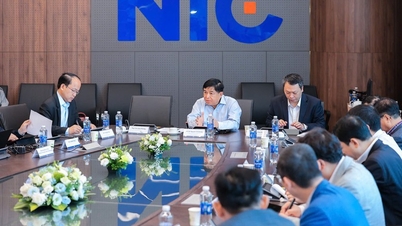





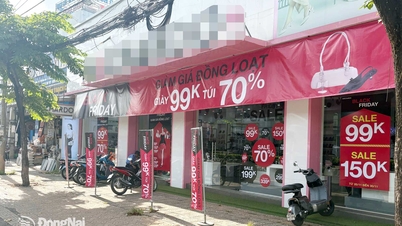






















Comment (0)